ARTICLE AD BOX
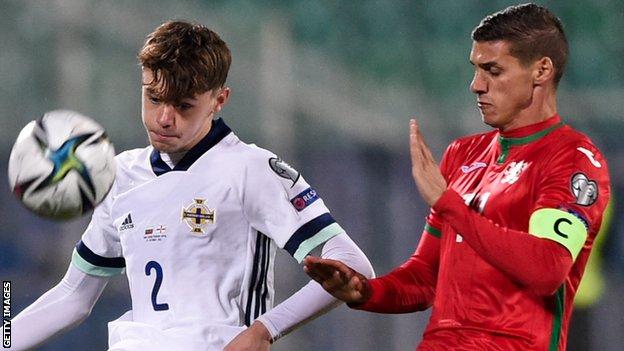 The performance of Liverpool teenager Conor Bradley was one of the positive elements of Northern Ireland's defeat by Bulgaria
The performance of Liverpool teenager Conor Bradley was one of the positive elements of Northern Ireland's defeat by BulgariaThe feeling of outrage at a referee's decision was an all too familiar one for Northern Ireland after the Switzerland defeat.
What was less familiar in more recent years - if not traditionally - is having no realistic hope of qualifying for a finals with three group games left to play.
However, that hopelessness will have turned to dejection for many supporters after an abject second-half performance saw Ian Baraclough's injury-hit side surrender a 1-0 half-time lead in a painful 2-1 defeat by Bulgaria in Sofia on Tuesday night.
The nature of the loss, and the toothless nature of the second-half showing in particular, was in stark contrast to the positivity that abounded after two wins and a draw in September.
Baraclough is very much a 'glass-half-full' manager, but there will likely be questions on supporters' minds about exactly where Northern Ireland are with Lithuania and Italy coming to Windsor Park in November to round off this World Cup qualifying campaign.
BBC Sport NI has examined what some of those questions may be and started the discussion around potential answers.
Will Baraclough be offered a new contract?
It has never dominated the build-up to matches - a series of player injuries and the importance of what was at stake in the qualifiers saw to that - but the question of whether Baraclough will be offered a new contract is one that has been part of the conversation before the past two international camps.
The former Motherwell boss signed an 18-month deal when he stepped up from the Under-21s to replace Michael O'Neill in June 2020, and it is perhaps only natural that the topic would come up.
Unsurprisingly, the 50-year-old has made clear his intentions to remain in position, saying that the squad is at the start of a new cycle with a number of young players having been added to the panel, and that he is building towards qualification for the 2024 Euros.
Baraclough has referenced the need to "swell the pool of players" a number of times and can point to the emergence of Daniel Ballard, Ali McCann, Ciaron Brown and Conor Bradley as strong evidence of that.
It could also be plausibly argued that his in-depth knowledge of the players coming through at Under-21 level would point to his appointment having always been made with the future in mind, therefore to cut ties now would be a suggest a disjointed approach by the Irish FA.
The counter argument could be that Baraclough failed in his initial remit of successfully negotiating the Euro 2020 play-offs, and has followed that up by falling considerably short in World Cup qualifying, albeit while having to cope with the loss of important players.
Yes, the Jamal Lewis red card in Geneva was a shocking decision and significantly impacted the game, but there are no such excuses for the dismal draw at home to Bulgaria in March nor Tuesday night's second-half collapse. Widening the analysis out across his entire reign, Baraclough has won just four of his 18 games in charge, two of which were friendlies.
Will captain Steven Davis continue playing for NI?
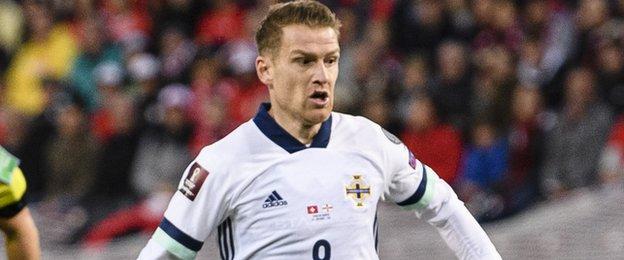 Steven Davis made his Northern Ireland debut against Canada in February 2005
Steven Davis made his Northern Ireland debut against Canada in February 2005Steven Davis has long since secured his place at the centre of any conversation about Northern Ireland's most legendary players, yet the 36-year-old record British caps holder is as enthusiastic now about representing his country as he was when he made his international debut in 2005.
The Rangers midfielder is still an effective force in Northern Ireland's midfield as well, having modified his game to play in a deeper role and benefitting from the energy of players such as Paddy McNair, Jordan Thompson and more recently McCann either side of him.
However, supporters will no doubt be wondering if the man who has been a talismanic leader for so long will commit to another Euros qualifying campaign for which he will be 39 when the finals come along.
- Northern Ireland's World Cup hopes ended with Bulgaria defeat
- Watch highlights of Bulgaria 2-1 Northern Ireland
- We lost our way in defeat - Washington
Baraclough and Davis have both spoken previously about his desire to continue on the international stage, and his performances have certainly proved he is good enough, but the question will no doubt still hang in the air for some fans.
It was always going to be a big occasion when European champions Italy come to Windsor Park to round off Group C on 15 November. Could that also be a farewell to the international stage for the inspirational captain?
Where are the goals going to come from?
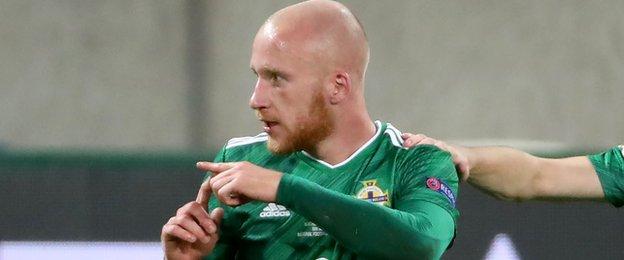 Hearts striker Liam Boyce has never been a regular starter for Northern Ireland
Hearts striker Liam Boyce has never been a regular starter for Northern IrelandIt's a question which has haunted Northern Ireland for quite some time, and there have been few signs of improvement under Baraclough. Four of their five goals in six qualifiers came in Lithuania, while more missed chances against Bulgaria on Tuesday proved costly - just as they did in the reverse fixture in March.
Shayne Lavery has emerged as the country's main goalscoring hope, bringing his excellent start to life in the Championship with Blackpool to the international stage by scoring a well-taken goal in Lithuania then coming desperately close to a wonderful solo strike at home to the Swiss before snatching at his shot.
His injury before this double-header was a huge blow to Baraclough, who opted for Washington in a lone frontman role in Geneva before partnering him up top with the fit-again Josh Magennis in Sofia.
Washington's willingness to run is second-to-none but, although he scored in Sofia, the chance he missed early in Geneva was somewhat reflective of his finishing not being a strength. Meanwhile Magennis' decent run of scoring form the previous qualifying campaign seems to have deserted him of late as he has struggled with injuries.
With Kyle Lafferty looking like he may have dropped off Baraclough's radar totally, and Dion Charles struggling for game time at club level, another element of the striker conundrum is Liam Boyce. Having made a fine start to the season for Hearts, he has asked not to be considered for the last two camps, denying Northern Ireland the services of a player in form and with a proven pedigree at club level.
Is there a need for more perspective to be applied?
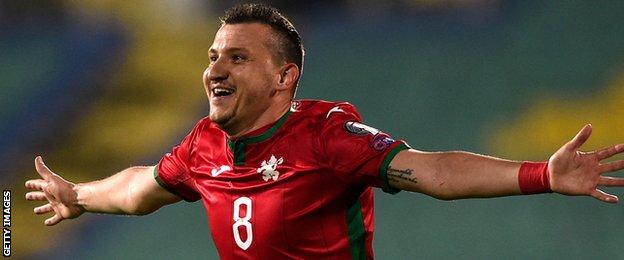 Todor Nedelev's two goals for Bulgaria moved his side above NI into third in Group C
Todor Nedelev's two goals for Bulgaria moved his side above NI into third in Group CGareth McAuley, in a recent BBC Sport column, talked about some of the younger Northern Ireland players only knowing "the good times" of the three qualifying campaigns before the current one, when the team had a chance of qualifying until the final stages.
He compared that to the feeling around the camp when he was making his way in international football, when the players turned up more in hope of a positive result rather than in any kind of expectation of a win.
There was a step-change in mentality under Michael O'Neill, the highlight obviously being the 2016 Euros, but McAuley's comments maybe do point to a need for perspective to be applied when assessing Northern Ireland's current mood music.
While giant-killing wins over England and Spain will live long in the memory, there was many a qualification campaign since the 1986 World Cup when hopes of reaching the finals had well and truly vanished before the final group fixtures.
Indeed, it is a theme which arises in many online conversations amongst supporters, with those of an older vintage often keen to remind some of the younger members of the Green and White Army of the harder times that have been suffered along the national team's journey.
The next step in that journey is Lithuania on 12 November, when the above questions will no doubt still be being debated.

 3 years ago
66
3 years ago
66
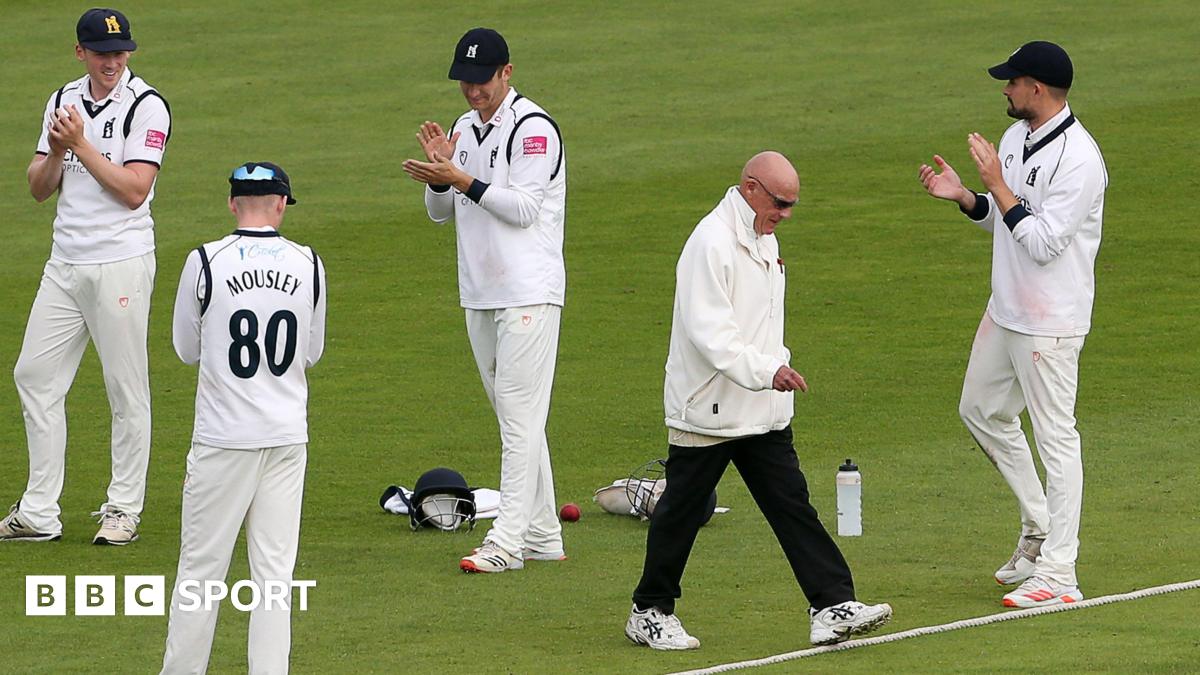
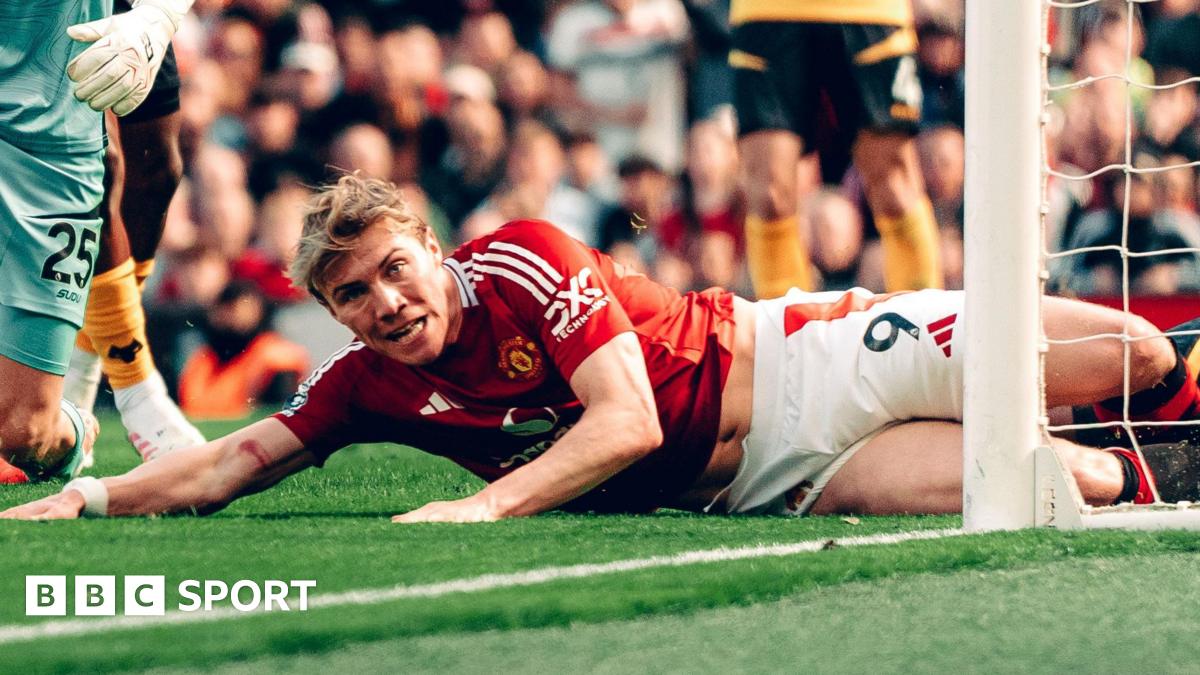
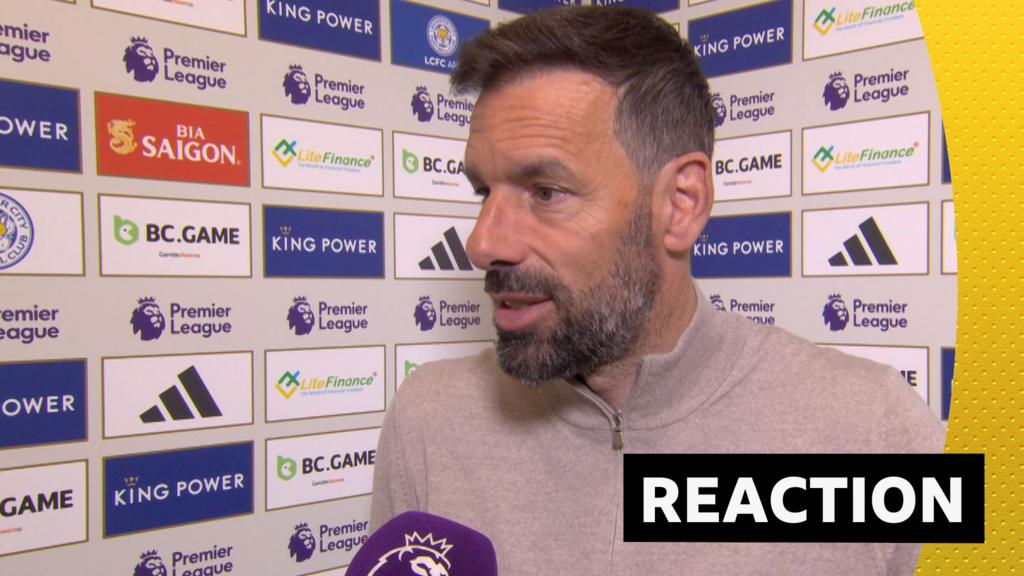





 English (US) ·
English (US) ·